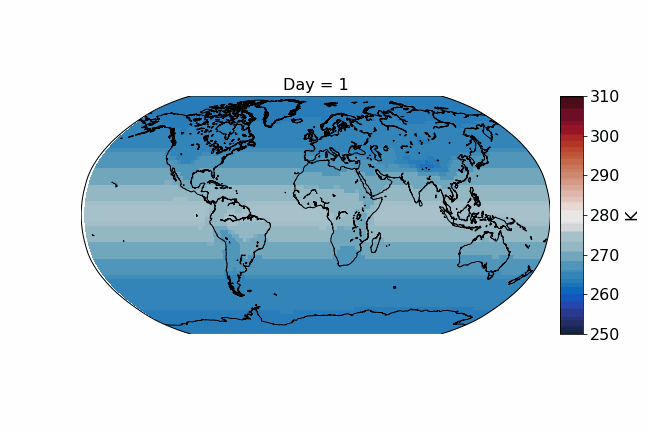Andrew Pauling
I am currently (as of October 2025) a research fellow in the Antarctic Research Centre at Victoria University of Wellington in New Zealand. I am working on coupling an improved sea ice model to the exisiting P-SKRIPS regional model of the Ross Sea region. This work is funded by the “Antarctic Sea-Ice Switch” project, supported by the MBIE Endeavour Fund and led by Professor Nancy Bertler.
I was previously at the University of Otago in Dunedin, New Zealand, where I worked on the effect of Antarctic meltwater on sea ice and climate as part of the Southern Ocean Freshwater Input from Antarctica (SOFIA) initiative. This work was funded by the Deep South Challenge, one of New Zealand’s National Science Challenges.
I completed my PhD in 2022 working with Professor Cecilia Bitz in the Department of Atmospheric Sciences at the University of Washington in Seattle, WA. My graduate work was supported by a Fulbright New Zealand Science and Innovation Award, a UW Program on Climate Change Graduate Fellowship, as well as research grants from NSF and NOAA. My research focused on the interactions between polar regions and the global climate system. I have worked on a wide range of projects in this area including the influence of meltwater fluxes from Antarctic ice shelves on trends in Antarctic sea ice extent, the effects of Antarctic topography change on climate, the effect of surface flooding of Arctic sea ice on its future evolution, and the impact of large volcanic eruptions on climate and sea ice.
In all my work I make use of a hierarchy of models of the climate system, ranging from simple energy balance models to state-of-the-art global climate models. I am also passionate about the use of open-source software in science, and have contributed to the xarray project and given numerous tutorials on using Python for Earth Science.
Below is an animation of surface temperature in a dry atmosphere model “spinning up” from rest that I made for a climate modelling class. 
